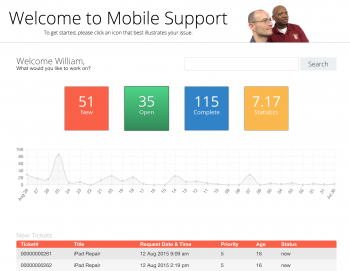So, I'm the head of a School District IT shop. All students from grade 3 through 12 have a district issued Windows laptop. We're evaluating a move to Mackbook Airs (as well as other platforms, like Chromebooks) for students and teachers, while retaining Windows machines for administrative functions.
I'm at the early stages of scoping out cost areas for the transition. So far, I'm looking at:
I'm sure there are many more areas of costs that I'm overlooking. Please advise
I'm at the early stages of scoping out cost areas for the transition. So far, I'm looking at:
- Device Management - Filewave looks like a great solution, albeit expensive
- Tons of Peripheral adapters - dongle management?
- Retraining - Users and Support Staff
- Costs of new software
- Extra wireless capacity for richer media demands
- File shares for centralized storage
- Backup management
- Antivirus
- Office software
- Rights management
- Excel/Word/PPT macros
- Virtualization for Win-only critical apps
- Remote control systems for support
I'm sure there are many more areas of costs that I'm overlooking. Please advise


